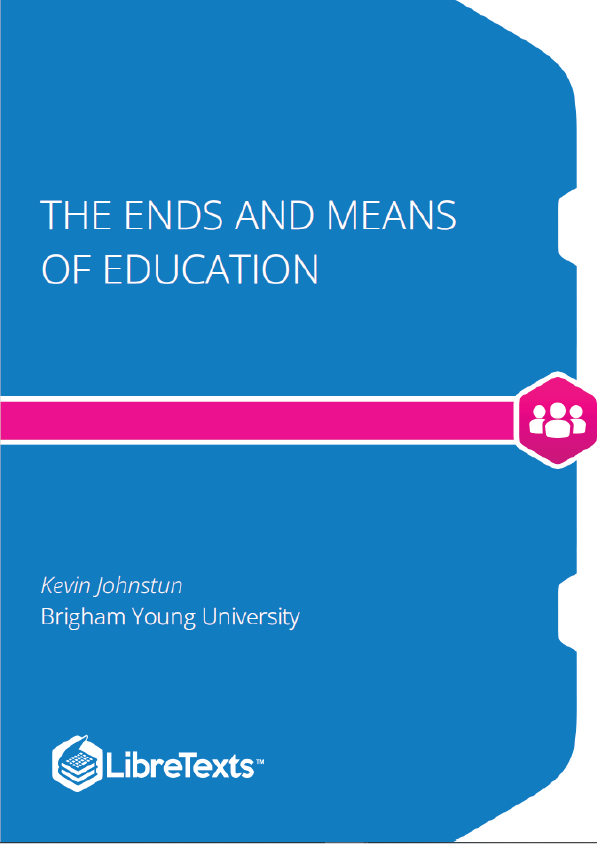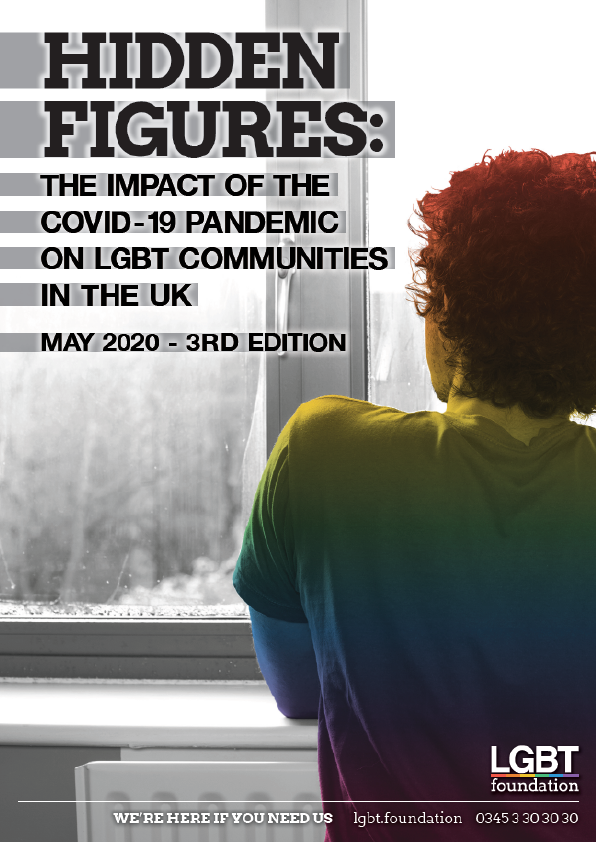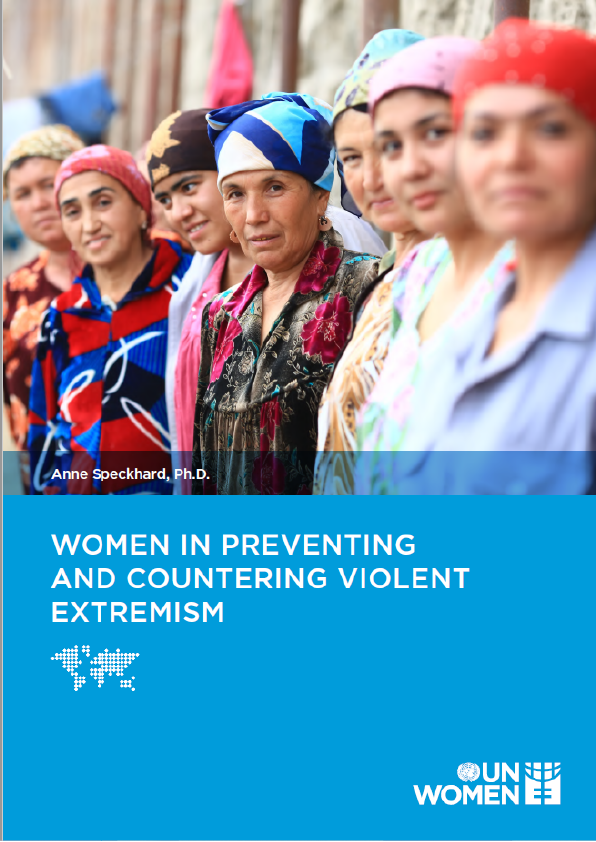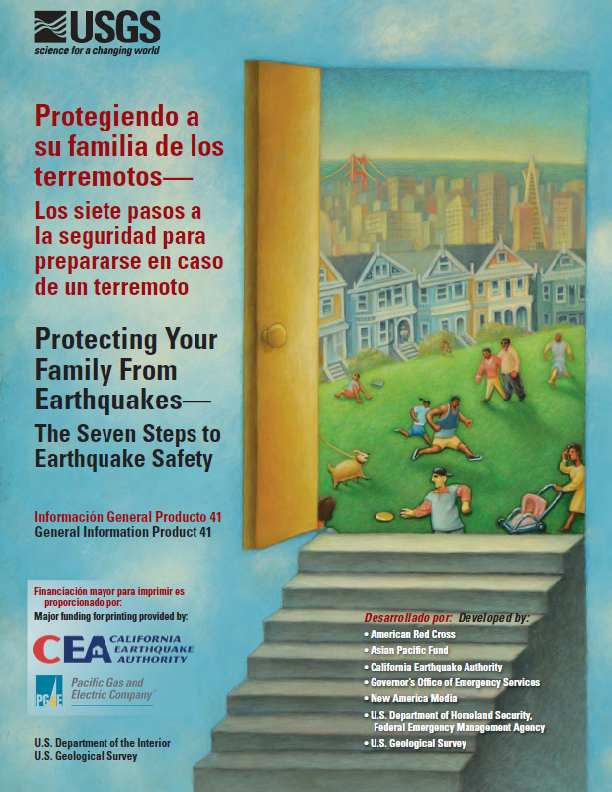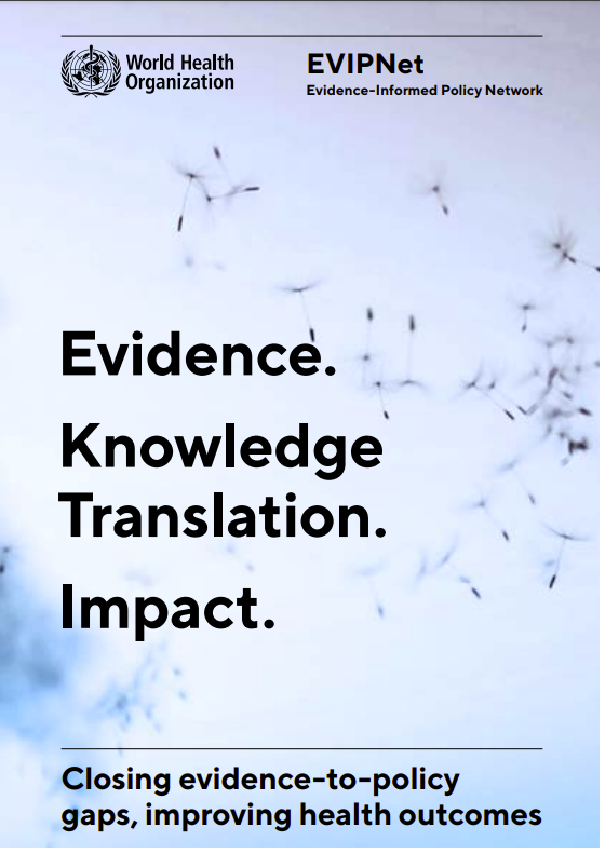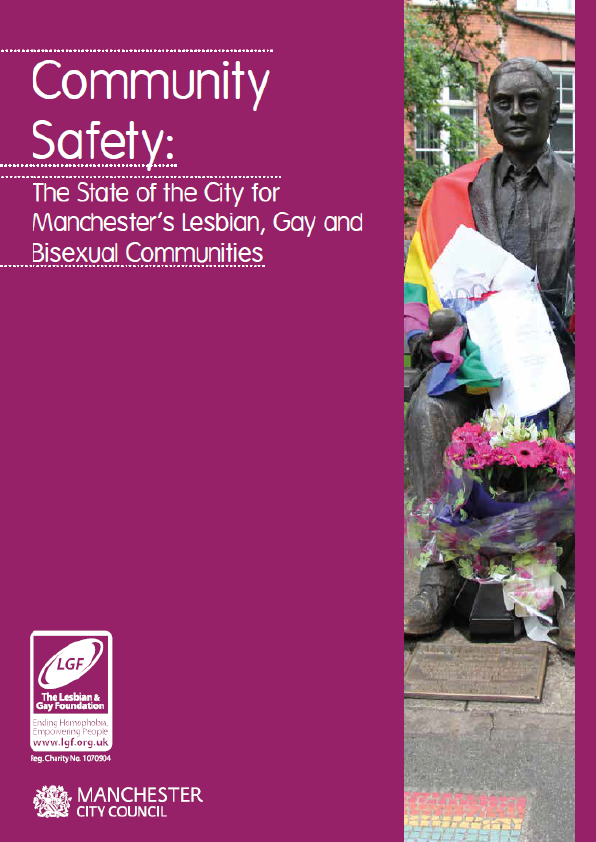This book provides a brief introduction into some of the persistent challenges and quandaries facing educators by drawing upon snippets from some of the great philosophers in history, such as Aristotle, Descartes, Rousseau, Dewey, and others. Kevin holds an MS in Instructional Psychology and Technology and a BA in Philosophy both from Brigham Young University. His research interests have frequently centered at the intersection of philosophy and education. This includes co-authoring articles about Kuhnian perspectives in education research and Kantian perspectives on student autonomy. While compiling the selection for this article, Kevin drew on his connections in both the philosophy and education worlds to find historical pieces that were foundational in both realms.
Plato
Up to this point, Socrates has been challenging Meno to provide a definition of Virtue. Meno has been unable to provide a whole or complete definition of virtue without breaking the definition into parts or merely providing a good example of virtue. Socrates and Meno are now discussing whether or not it is possible for anybody to learn what virtue is. Their conversation applies well beyond the scope of whether or not it is possible to learn about virtue, but whether or not it is possible to learn something at all.
Some of them were priests and priestesses, who had studied how they might be able to give a reason of their profession: there, have been poets also, who spoke of these things by inspiration, like Pindar, and many others who were inspired. And they saymark, now, and see whether their words are true-they say that the soul of man is immortal, and at one time has an end, which is termed dying, and at another time is born again, but is never destroyed. And the moral is, that a man ought to live always in perfect holiness. “For in the ninth year Persephone sends the souls of those from whom she has received the penalty of ancient crime back again from beneath into the light of the sun above, and these are they who become noble kings and mighty men and great in wisdom and are called saintly heroes in after ages.” The soul, then, as being immortal, and having been born again many times, rand having seen all things that exist, whether in this world or in the world below, has knowledge of them all; and it is no wonder that she should be able to call to remembrance all that she ever knew about virtue, and about everything; for as all nature is akin, and the soul has learned all things; there is no difficulty in her eliciting or as men say learning, out of a single recollection -all the rest, if a man is strenuous and does not faint; for all enquiry and all learning is but recollection. And therefore we ought not to listen to this sophistical argument about the impossibility of enquiry: for it will make us idle; and is sweet only to the sluggard; but the other saying will make us active and inquisitive. In that confiding, I will gladly enquire with you into the nature of virtue.
That education should be regulated by law and should be an affair of state is not to be denied, but what should be the character of this public education, and how young persons should be educated, are questions which remain to be considered. As things are, there is disagreement about the subjects. For mankind are by no means agreed about the things to be taught, whether we look to virtue or the best life. Neither is it clear whether education is more concerned with intellectual or with moral virtue. The existing practice is perplexing; no one knows on what principle we should proceed- should the useful in life, or should virtue, or should the higher knowledge, be the aim of our training; all three opinions have been entertained. Again, about the means there is no agreement; for different persons, starting with different ideas about the nature of virtue, naturally disagree about the practice of it. There can be no doubt that children should be taught those useful things which are really necessary, but not all useful things; for occupations are divided into liberal and illiberal; and to young children should be imparted only such kinds of knowledge as will be useful to them without vulgarizing them.
